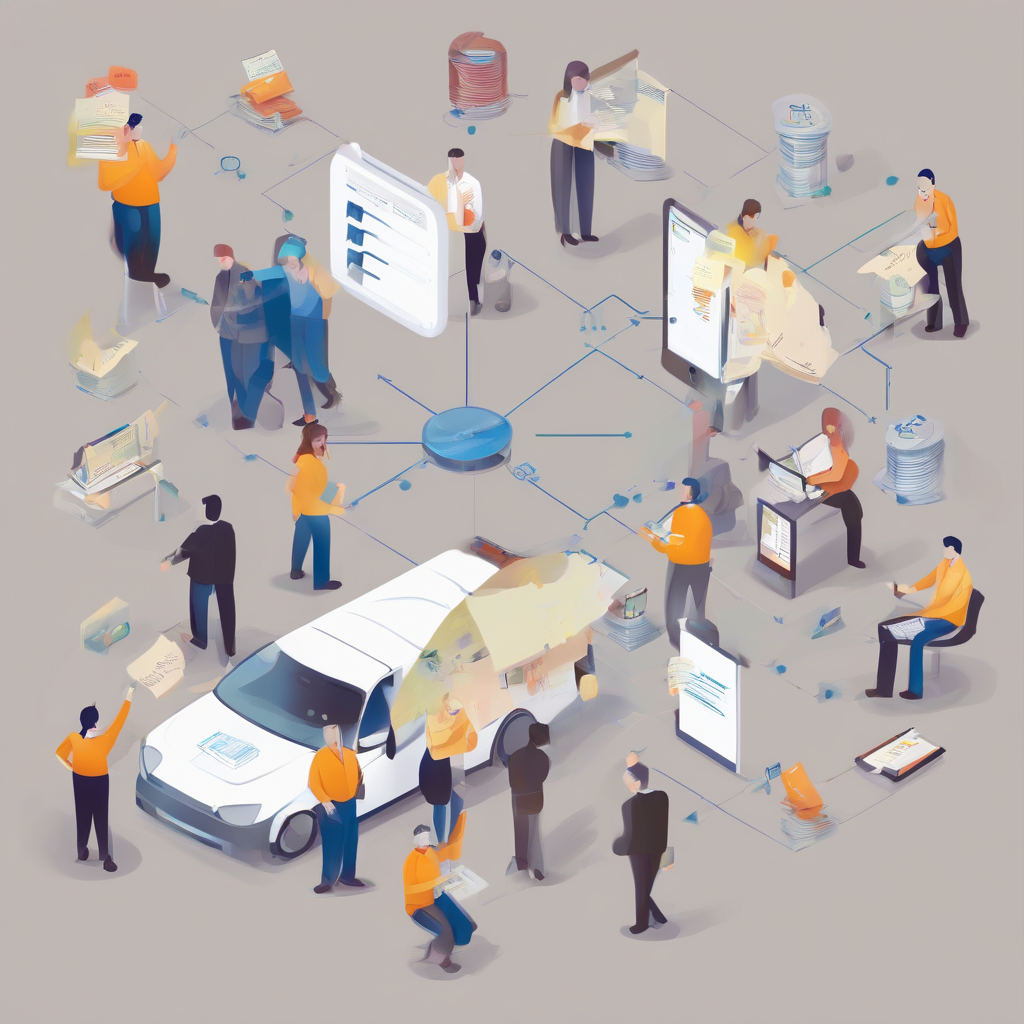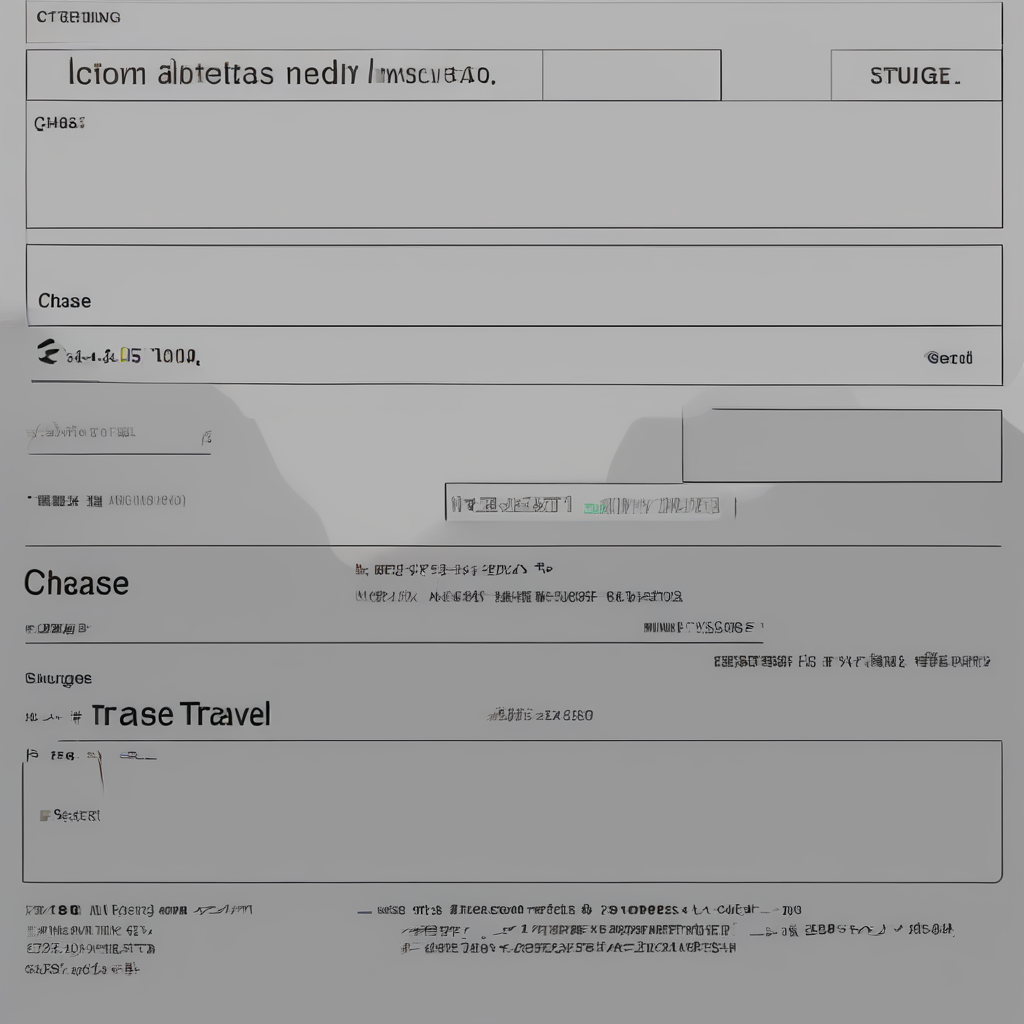Top ERP Systems in 2023: A Comprehensive Guide

Top ERP Systems in 2023: A Comprehensive Guide
Choosing the right Enterprise Resource Planning (ERP) system is a crucial decision for any business. A robust ERP can streamline operations, enhance efficiency, and boost profitability. However, with numerous options available, selecting the best fit can be daunting. This comprehensive guide delves into the top ERP systems in 2023, providing an in-depth analysis of their features, benefits, and suitability for different business needs.
What is an ERP System?
An ERP system is an integrated software application designed to manage and automate various business processes across different departments. It centralizes data, improves communication, and fosters collaboration, leading to enhanced productivity and decision-making. A typical ERP system encompasses modules for:
- Financial Management: Accounting, budgeting, financial reporting, cash flow management.
- Human Resources: Payroll, recruitment, training, performance management.
- Supply Chain Management: Procurement, inventory management, production planning, logistics.
- Customer Relationship Management (CRM): Sales, marketing, customer service, support.
- Manufacturing: Production scheduling, quality control, materials management.
- Project Management: Project planning, resource allocation, task management.
- Business Intelligence: Data analysis, reporting, dashboards.
Factors to Consider When Choosing an ERP System
Before diving into specific ERP systems, it's essential to consider key factors that align with your business requirements:
- Industry-specific needs: Different industries have unique requirements. Choose an ERP that caters to your industry's specific challenges and regulations.
- Business size and complexity: Small businesses might benefit from simpler, cloud-based solutions, while larger enterprises might need more comprehensive, on-premise systems.
- Budget and implementation costs: ERP systems vary significantly in cost. Factor in licensing fees, implementation services, and ongoing maintenance.
- Integration with existing systems: Ensure compatibility with your current software infrastructure to minimize disruption.
- Scalability and growth potential: Select an ERP that can adapt to your future growth plans and increasing data volumes.
- Support and training: Consider the vendor's reputation for providing comprehensive training and technical support.
Top ERP Systems for 2023
1. SAP
SAP is a global leader in enterprise software, providing comprehensive ERP solutions for various industries. SAP's flagship product, SAP S/4HANA, is a modern, cloud-based ERP suite designed for digital transformation.
Key Features:
- Real-time analytics and insights for improved decision-making.
- Advanced automation for streamlining business processes.
- Industry-specific solutions catering to diverse industries.
- Flexible deployment options including on-premise, cloud, and hybrid models.
- Extensive ecosystem of partners for implementation and support.
Benefits:
- Enhanced efficiency and productivity through process automation.
- Improved visibility and control across the entire organization.
- Data-driven decision-making for strategic advantage.
- Increased agility and responsiveness to market changes.
Suitable for:
Large enterprises and multinational corporations seeking a comprehensive, scalable, and industry-specific ERP solution.
2. Oracle
Oracle is another leading ERP provider, offering a wide range of solutions for diverse business needs. Oracle Cloud ERP is a comprehensive cloud-based suite designed for modern businesses.
Key Features:
- Cloud-native architecture for scalability and flexibility.
- Pre-built industry solutions for specific sectors like manufacturing, retail, and finance.
- AI-powered insights and analytics for data-driven decisions.
- Mobile-friendly interface for access on any device.
Benefits:
- Reduced IT costs with cloud-based deployment.
- Improved collaboration and communication across departments.
- Increased customer satisfaction through enhanced service delivery.
- Faster time to value with rapid implementation.
Suitable for:
Businesses of all sizes seeking a cloud-based ERP solution with comprehensive functionality and industry-specific capabilities.
3. Microsoft Dynamics 365
Microsoft Dynamics 365 is a suite of cloud-based business applications that includes an integrated ERP system. It offers a user-friendly interface and strong integration with other Microsoft products.
Key Features:
- Unified platform for ERP, CRM, and other business applications.
- Intuitive user interface for ease of use and adoption.
- Deep integration with Microsoft Office 365 for seamless collaboration.
- Flexible deployment options including on-premise and cloud.
Benefits:
- Improved operational efficiency through streamlined processes.
- Enhanced customer engagement with integrated CRM features.
- Increased productivity with familiar Microsoft tools.
- Cost-effective solution with flexible deployment options.
Suitable for:
Businesses of all sizes, particularly those already using Microsoft products, seeking a user-friendly and integrated ERP system.
4. Infor
Infor is a leading ERP vendor specializing in industry-specific solutions. Infor CloudSuite is a comprehensive cloud-based ERP suite catering to various sectors like manufacturing, distribution, and healthcare.
Key Features:
- Industry-focused solutions tailored to specific business needs.
- Cloud-based deployment for scalability and agility.
- Pre-configured workflows for faster implementation.
- Advanced analytics and reporting for data-driven insights.
Benefits:
- Increased efficiency and productivity through industry-specific tools.
- Improved compliance and regulatory adherence with industry-specific features.
- Enhanced customer satisfaction through optimized operations.
- Faster ROI with pre-configured workflows and rapid deployment.
Suitable for:
Businesses seeking a specialized ERP solution tailored to their industry with pre-configured workflows and rapid implementation.
5. Epicor
Epicor is a global provider of industry-specific ERP solutions. Epicor Cloud is a comprehensive cloud-based suite designed for manufacturing, distribution, and retail businesses.
Key Features:
- Industry-specific functionality tailored to diverse sectors.
- Cloud-based deployment for flexibility and scalability.
- Mobile-friendly interface for access on any device.
- Advanced analytics and reporting for data-driven insights.
Benefits:
- Improved operational efficiency through industry-specific tools.
- Enhanced customer engagement through streamlined processes.
- Increased profitability through optimized operations.
- Faster time to value with pre-configured workflows.
Suitable for:
Businesses in manufacturing, distribution, and retail seeking a cloud-based ERP solution with industry-specific functionality and pre-configured workflows.
6. NetSuite
NetSuite is a cloud-based ERP system specifically designed for small and medium-sized businesses (SMBs). It offers a comprehensive suite of applications for finance, accounting, CRM, and e-commerce.
Key Features:
- Cloud-based deployment for scalability and accessibility.
- User-friendly interface for ease of use and adoption.
- Pre-built industry solutions for various sectors.
- Integration with popular third-party apps for extended functionality.
Benefits:
- Reduced IT costs with cloud-based deployment.
- Improved visibility and control across the business.
- Enhanced customer satisfaction through streamlined operations.
- Faster time to value with pre-configured workflows.
Suitable for:
Small and medium-sized businesses seeking a user-friendly, cloud-based ERP solution with comprehensive functionality at an affordable price point.
7. Acumatica
Acumatica is a cloud-based ERP system offering solutions for businesses of all sizes. It emphasizes flexibility, customization, and integration capabilities.
Key Features:
- Cloud-based deployment for scalability and accessibility.
- Flexible and customizable to meet specific business needs.
- Open architecture for seamless integration with third-party apps.
- Mobile-friendly interface for access on any device.
Benefits:
- Improved operational efficiency through streamlined processes.
- Enhanced customer experience through integrated CRM features.
- Increased agility and responsiveness to market changes.
- Reduced IT costs with cloud-based deployment.
Suitable for:
Businesses of all sizes, particularly those seeking a flexible and customizable cloud-based ERP system with strong integration capabilities.
8. Sage
Sage is a global leader in accounting and ERP software, providing solutions for businesses of all sizes. Sage Intacct is a cloud-based ERP system designed for mid-market businesses.
Key Features:
- Cloud-based deployment for scalability and accessibility.
- Industry-specific solutions for various sectors like manufacturing, distribution, and services.
- Advanced reporting and analytics for data-driven decisions.
- Mobile-friendly interface for access on any device.
Benefits:
- Improved financial management with comprehensive accounting features.
- Enhanced operational efficiency through industry-specific tools.
- Increased visibility and control across the business.
- Reduced IT costs with cloud-based deployment.
Suitable for:
Mid-market businesses seeking a cloud-based ERP system with strong accounting features, industry-specific solutions, and advanced reporting capabilities.
9. Workday
Workday is a cloud-based ERP system specializing in human capital management (HCM) and financial management. It offers a user-friendly interface and robust analytics capabilities.
Key Features:
- Cloud-based deployment for scalability and accessibility.
- User-friendly interface for ease of use and adoption.
- Strong HCM features including payroll, recruitment, and performance management.
- Advanced analytics and reporting for data-driven decisions.
Benefits:
- Improved employee engagement through streamlined HR processes.
- Enhanced talent acquisition with robust recruitment features.
- Data-driven decision-making for strategic HR planning.
- Reduced administrative burden with automated workflows.
Suitable for:
Businesses seeking a cloud-based ERP system with strong HCM features, user-friendly interface, and advanced analytics capabilities.
Conclusion
Selecting the right ERP system is a strategic decision that can significantly impact your business success. The top ERP systems discussed in this guide offer a diverse range of features, benefits, and deployment options. By carefully evaluating your business requirements, industry needs, budget, and future growth plans, you can choose the ERP system that best aligns with your goals and sets your business up for long-term success.
What's Your Reaction?

















